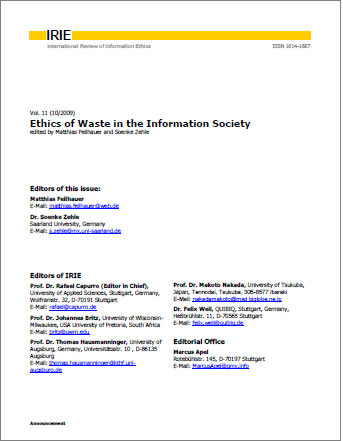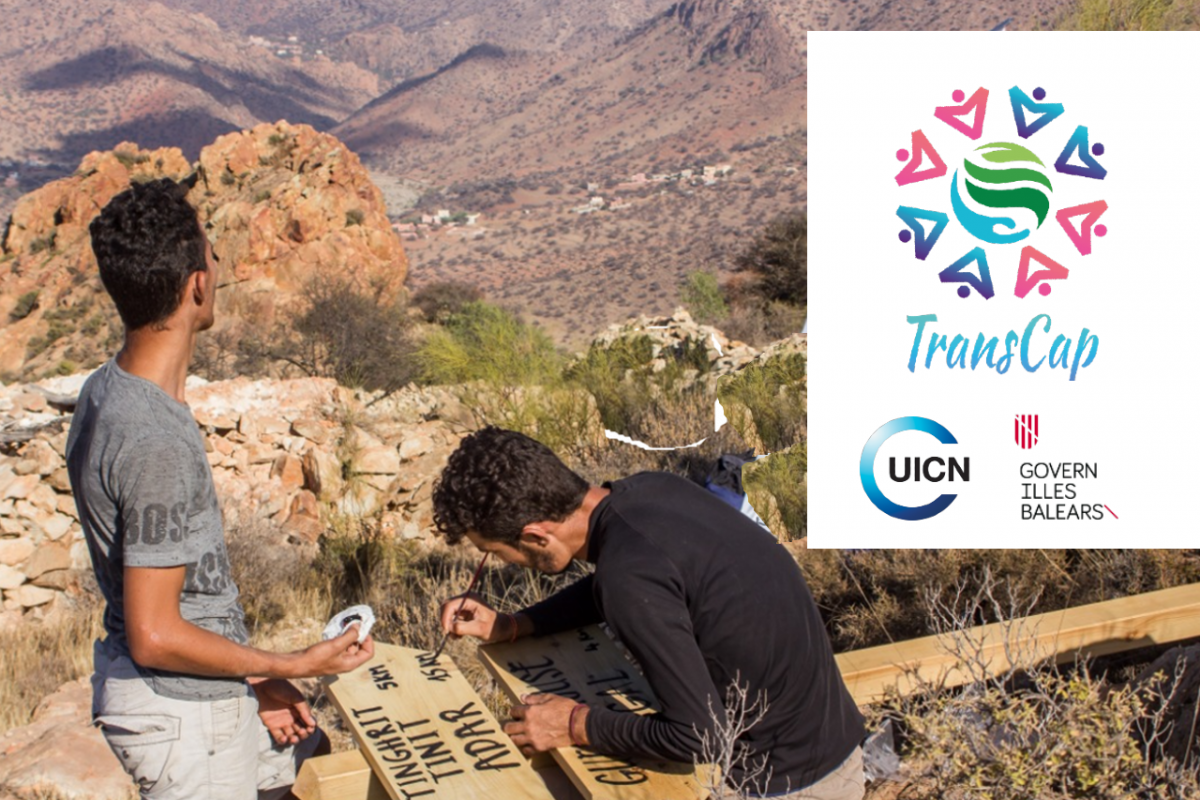Ethics of Waste in the Information Society
Guest Editors: Matthias Feilhauer & Soenke Zehle (CEESP Member)
With this issue, IRIE - dedicated to the development of information ethics as a reflexive practice and conceptual horizon - aims to engage itself with the broad range of materials involved in the very acts and processes of communication, information, and knowledge production.

Photo: IUCN
This includes, but is not limited to, the instruments we employ, use, and discard in ever-shorter cycles of consumption, outpacing our efforts to develop appropriate mechanisms of disposal and recycling:
from old television sets to LCD and plasma displays, from old disk drives to flash cards and RFID chips. Used locally, but designed, produced, and discarded across the world, the usage of these instruments - things - raises a lot of questions whose technical and political implications are increasingly being explored in an emerging regulatory regime, but whose info-ethical dimensions deserve greater attention as they require us to revisit cherished assumptions regarding the scope and desirability of information-societal developments as we know them.
The contributions to this issue offer the concept of network ecologies as a way to open info-ethical reflection to geophilosophical perspectives (Zehle), revisit the history of electronics activism and regulation (Smith, Fonseca and de Carvalho Matie-lo), reflect on the need to rethink waste or debris as resource for socio-technological innovation and survival (Vallauri, Renno), attend to the ecological impact of networks of distributed labor (Miller) and the biopolitical dimension of the simultaneous governance of waste and work (Rossiter), remind us of the material embeddedness of all info-ethical, geophilosophical reflection to encourage the embrace of an ethics of passage (Carter), and insist on the need to take abundance rather than scarcity as point of departure and reference and develop holistic approaches attentive to their complex relationship (Verzola).



